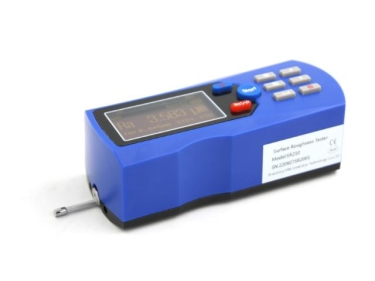Understanding the Rapid Use of Blockchain in Payment Solutions
Blockchain technology has the potential to revolutionize payment processes, and SMEs should be prepared. Come take a look at our article to learn more!

Blockchain technology offers numerous potential uses, with new applications emerging every day. It facilitates secure, fast, and cheap international payment services via encrypted assigned ledgers. These ledgers offer a real-time and credible authentication of transactions. In this case, intermediaries like clearing houses and corresponding financial institutions become unnecessary.
Unlike in the past when blockchain was associated only with Bitcoin, many applications are now applicable to other technology. Some include supply chain monitoring, B2B platforms, enhancing international trade development, and preventing fraud. Thus, SMEs should understand the potential use of blockchain technology beyond digital currency, which might benefit their financial transactions.
Blockchain for Financial Institutions and B2B Payments
While some financial institutions are experimenting with blockchain solutions, others have adopted B2B, consumer, and international payments. A considerable percentage of these payments occur through third-party providers who develop software for use by participating financial institutions.
Some of the main benefits of blockchain payments for banks include reduced transaction costs and quick payments. Blockchain technology eliminates the need to keep colossal cash repositories in corresponding banks.
Today, some banks are experimenting with blockchain technology to accommodate regulatory requirements like anti-money laundering (AML) and know your customer (KYC) regulations. The insurance industry is also considering blockchain to manage B2B and customer payments, streamline paperwork, and reduce fraud. In Europe, for example, some of the biggest insurers are working together to develop a blockchain feasibility study using popular guidelines to transfer data.

Business Finance and Supply Chain Tracking
Blockchain eases the tracking of products as they traverse different and complex international supply chains. As a result, it allows the groups involved to know the location and status of their products.
Many postal offices across the globe are even considering blockchain for parcel tracking, completing payments, and the identification and verification of recipients. Some experts are convinced that blockchain technology could be ideal for difficult-to-track international shipments. Some eCommerce stores are also currently evaluating blockchain technology to cover food safety by determining the source of food products.
Digital Identity
Financial institutions and government bodies are leveraging blockchain technology to streamline identity verification as well. Today, people in various countries can use mobile applications for identity validation for multiple services like utilities, driver’s licenses, and bank accounts. With blockchain, they neither have to physically present their IDs nor sign additional documents. Digital identity processes are currently easing and accelerating global B2B payments.
Stay Updated with Export Portal
Export Portal is here for all global importers and exporters and has resources for everything international trade-related. To learn more about our exclusive resources, make sure to check out our site today!


















Comments 2